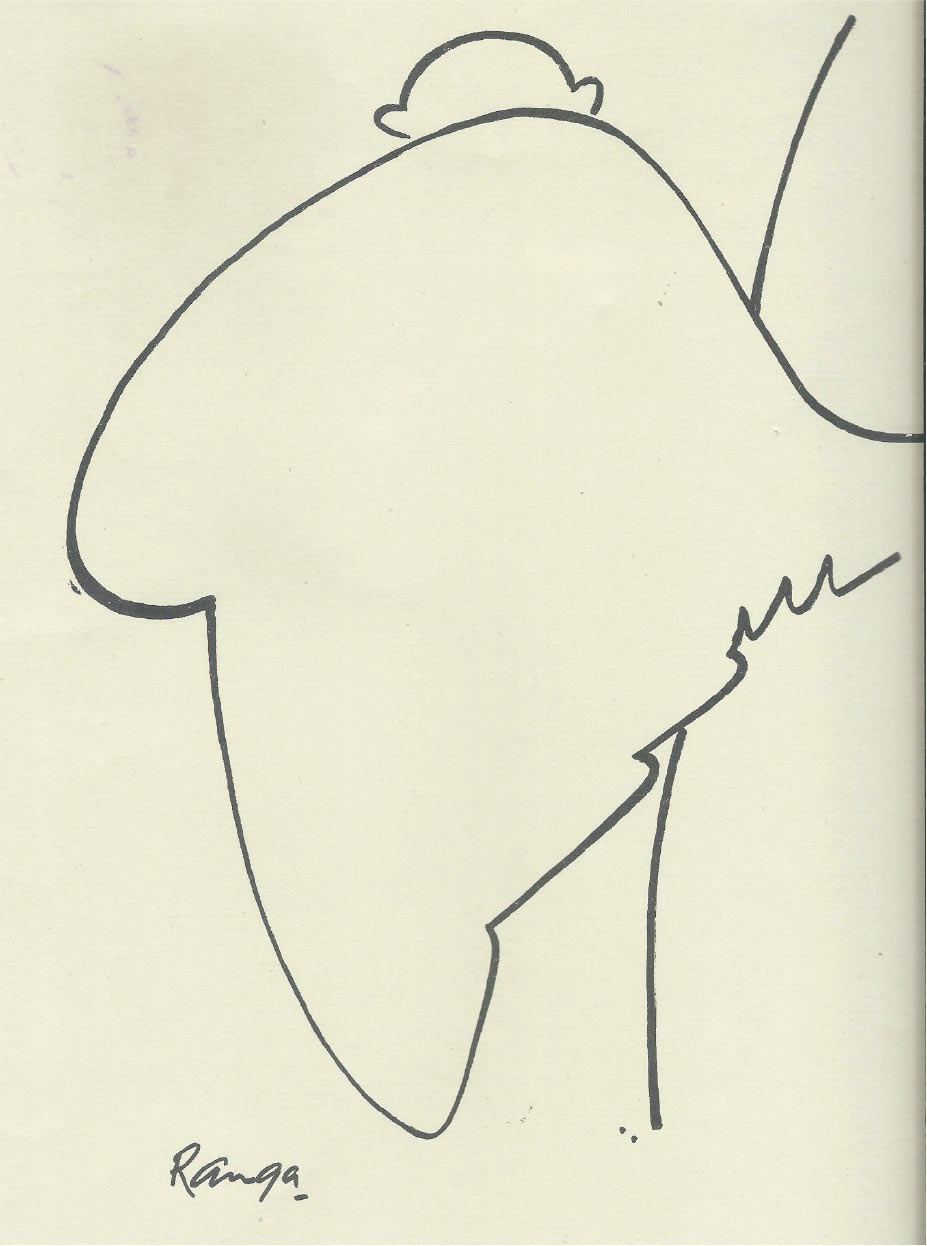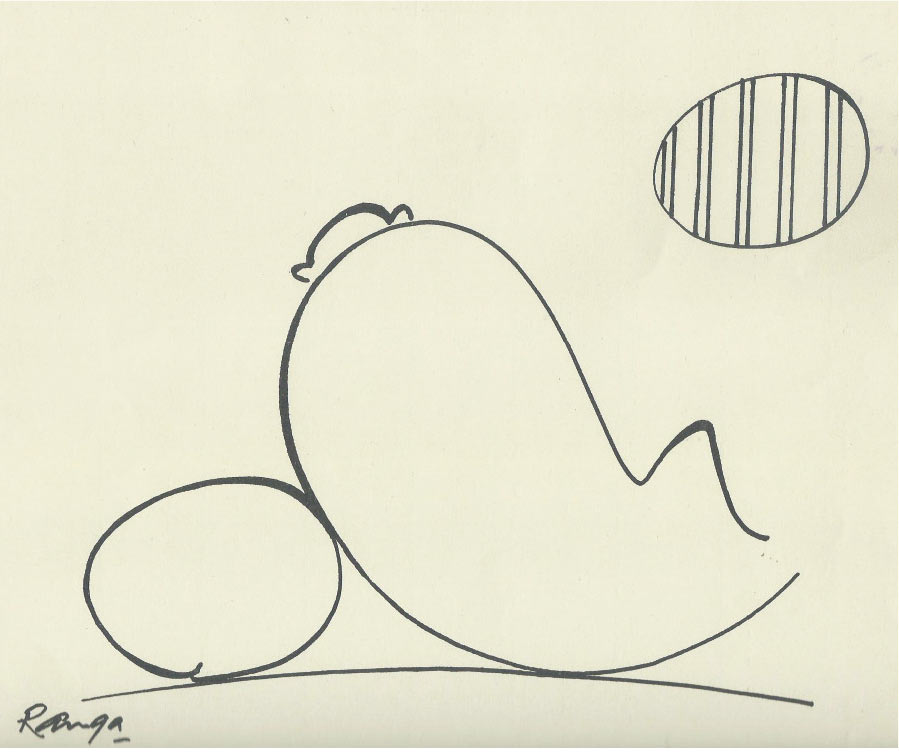
 |
MATTERS OF PUBLIC POLICY
Gandhiji remembered, but his values are ignored !
Ironically, Jinnah in his time succeeded in mobilizing Muslims through Islam. Here Gandhi’s symbolism may also be seen for the promotion of an undivided India, which was not to be. This time, on the occasion of his 150th birth anniversary, Prime Minister Narendra Modi stole the show with his landmark announcement that India's villages have declared themselves open-defecation free, thanks to his efforts to provide 10 crore toilet facilities to more than 60 crore people in 60 months. Although fully aware of the consequences of Partition, Gandhi did not ignore Nehru’s interests. Had Jinnah been made Prime Minister of India, perhaps the demand for Pakistan by him on communal lines would have been a different story. This is, in any case, highly complex and debatable issue. In 1946, India held its last elections under the British auspices. The Muslim League swept the Muslim constituencies. Jinnah established himself as the Quaid-i-Azam of the Indian Muslims, their authoritative spokesman, an equal in negotiations with the Congress and the British. In 1946, a Cabinet Mission from the British government recommended a constitutional settlement on the lines of the Cripps Mission of 1942, based on a variation of the weak centre/strong province formula. Nehru finally rejected it for the Congress. Jinnah declared August 15, 1946, as ‘Direct Action Day for Muslims.
We have to examine afresh the structural characteristics and the operating culture of governance urgently if we mean to uplift Gandhiji from ritualism to value-oriented democratic nationbuilding. Over to Prime Minister Narendra Modi and his trusted Home Minister Amit Shah. This was one aspect. No less important was the nature of leadership and its capacity to instill in the system a set of values, norms of behavior and rules of the game. The role of Mahatma Gandhi in providing pace-setting personal example in moral standards is well-known. This was followed by Nehru, who broadly shaped the post-Independence political system, provided it with a set of basic norms and values which he constantly emphasised in his role as the nation’s school master. In the process, he enabled the system to bear the loads of an expanding framework of political participation, economic and social mobilization, and open competition and criticism. Gandhi did throw up dozens of smaller Gandhis. But Nehru lacked Gandhi's talent of “self-reproduction” and freedom from a sense of insecurity. Sardar Patel, unfortunately, did not live long enough. What is more, several Nehrus and Patels came into being under a system where Jawaharlal was the chief operator. All over the country outstanding individuals came to the fore and provided a dominant style of leadership for a period of time. Their word was law. They consolidated political machine encompassing large territories on the basis of the support network they built around themselves. They also penetrated into a wide array of both traditional and developmental institutions, and constantly mediated in disputes and differences. Above all, they imbued politics with an ethical code and imparted to it the concept of ‘service’ of duty and the Gandhian stress on dharma. Here I wish to say that whenever the state is shorn of the moral imperative, the nuances and controls that go with it, it becomes totalitarian, no matter what legal framework of the constitution might be. It is for readers to critically examine how and where we have gone wrong and abandoned Gandhi and his value system from the national and state scene. Whatever flaws we see around in the working of the Republic, it is mainly because of the declining values in the quality of governance from the grassroots to upward. The jacking for power, pelf and self is what often passes for democracy in our country. We have to examine afresh the structural characteristics and the operating culture of governance urgently if we mean to uplift Gandhiji from ritualism to value-oriented democratic nation-building. Over to Prime Minister Narendra Modi and his trusted Home Minister Amit Shah. |
|



 An open window
An open window